Breaking
- MENU
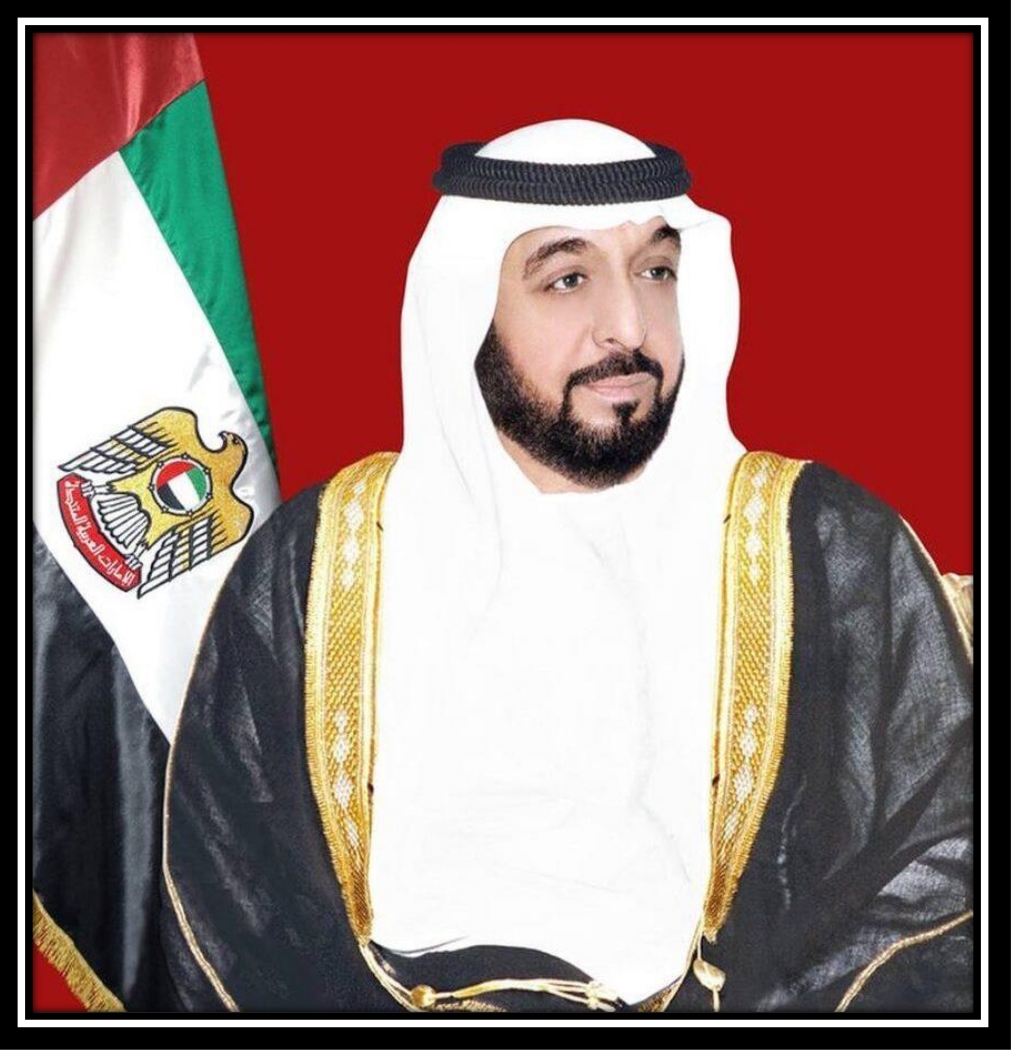
Sheikh Khalifa bin Zayed al-Nahyan, the president of the United Arab Emirates (UAE) and the ruler of Abu Dhabi, passed away on 13 May 2022. He was at the helm of affairs since November 2004, following the demise of his father and the architect of UAE, Sheikh Zayed bin Sultan al-Nahyan. Under Khalifa, the UAE witnessed substantial developments that turned the country into a regional powerhouse.
Sheikh Khalifa was born in Al Muwaiji Fort in Al-Ain on 7 September 1948 as the eldest son of Zayed bin Sultan and Hessa bint Mohammed. He spent most of his childhood and completed his school education in Al-Ain. During this period, his father governed Al-Ain as the ruler’s representative in the eastern region of Abu Dhabi.
In August 1966, Zayed became the ruler of Abu Dhabi and moved to the capital. He appointed the eighteen-year-old Khalifa as his representative in the eastern region, and three years later, on 1 February 1969, Khalifa became the Crown Prince of Abu Dhabi. As his father strived for a federation of the Trucial States, which ultimately led to the formation of the UAE on 2 December 1971, Khalifa was given more responsibilities within Abu Dhabi. He became the prime minister of the emirate and handled the defense and finance portfolios. In addition, Khalifa assumed the chairmanship of the Abu Dhabi Executive Council when it replaced the Emirate’s local cabinet in 1974.
As Crown Prince, Khalifa paved the way for using the oil wealth in transforming Abu Dhabi into a modern city and was instrumental in creating the Abu Dhabi Investment Authority (ADIA) in 1976, which grew into one of the largest sovereign wealth funds in the world. He chaired Abu Dhabi’s Supreme Petroleum Council, responsible for drafting the Emirate’s oil policy.
Sheikh Khalifa quickly took over crucial positions at the federal level under his father, the UAE president. He became the deputy prime minister in the second federal cabinet in 1974. Two years later, when the UAE Supreme Council decided to create a unified military force, he was assigned the role of deputy supreme commander of the Emirati armed forces. Khalifa, who was educated in Royal Military Academy at Sandhurst, played a significant role in the modernization of the Emirati military.
Sheikh Khalifa considered his father, Zayed al-Nahyan, his guide and inspiration and in an interview in 1990, he observed: “I learn something from him every day, follow his path and absorb from him his values and the need for patience and prudence in all things.” Following his father’s passing away on 2 November 2004, Khalifa became the president of the UAE and the sixteenth ruler of Abu Dhabi. He vowed to follow in his father’s footsteps and declared that Zayed’s “values and leadership style will remain the beacon which will continue to guide us as we strengthen our federation and maintain the achievements and gains that the country has made in various spheres of development.”
Abu Dhabi witnessed rapid growth and development under Khalifa. He placed Abu Dhabi city on the global map of tourism with the development of Yas and Saadiyat Islands and hosting Formula One. Despite its large oil reserves, he recognized the need for Abu Dhabi to reduce its dependence on fossil fuels and look for an alternative in renewable and green energy sources. He also pushed for the peaceful use of nuclear energy at the federal level. Masdar, a renewable energy-based desert city in Abu Dhabi, was Khalifa’s brainchild.
As the UAE president, Khalifa made substantial efforts to defend the federation. During the global financial crisis of 2009, he rescued the debt-ridden Dubai with a US$10 billion bailout package. In his honor, the Dubai government switched the name of the world’s tallest building from Burj Dubai to Burj Khalifa. In addition, Khalifa launched several developmental projects in the northern regions of the Emirates to enhance health, water, education, housing and electricity services to remove disparities among various provinces. He also took numerous steps to preserve and promote the Emirati national identity. In 2006, as part of reforming the federal government, Khalifa introduced a voting system to elect half of the members of the Federal National Council (FNC). In 2018, he issued a decree reserving fifty percent of the seats in the council for women.
Sheikh Khalifa was able to raise the UAE’s stature in the international arena, enhanced ties with the Gulf Cooperation Council (GCC) partners and backed them during crises, as in the case of Bahrain in 2011. Under his leadership, the UAE made an outreach to the Arab and Islamic world through political and financial support. In addition, the UAE aided and facilitated the reconstruction efforts in the conflict-torn Iraq and Afghanistan. Khalifa also fostered closer cooperation with the US and supported American initiatives in the Middle East.
After suffering from a massive stroke in January 2014, Khalifa receded from the public engagements but continued his duties as the leader of the country and the Emirates and was assisted by his heir Sheikh Mohamed bin Zayed al-Nahyan and other members of the ruling family and the federal government. After a prolonged illness, Khalifa passed away at the age of 73 on 13 May 2022 and was laid to rest at Al-Bateen cemetery in Abu Dhabi.
Sheikh Khalifa was one of the leading figures who oversaw the rise of the UAE as a modern state leading to the twenty-first century. Tributes have outpoured from across the world for the late president of the UAE. Prime Minister Narendra Modi recalled Khalifa as “a great statesman and visionary leader under whom India-UAE relations prospered.” Mohammed bin Rashid, the UAE vice president, will assume the role of interim president until the UAE Supreme Council convenes within thirty days to elect the new president, as per the Emirati constitution. In all likelihood, Mohamed bin Zayed (Crown Prince since November 2004) would succeed his half-brother both as the ruler of Abu Dhabi and the president of the UAE and this would also mean continuation of the political, economic, social and foreign policies of Sheikh Khalifa.
As part of its editorial policy, the MEI@ND standardizes spelling and date formats to make the text uniformly accessible and stylistically consistent. The views expressed here are those of the author and do not necessarily reflect the views/positions of the MEI@ND. Editor, MEI@ND: P R Kumaraswamy
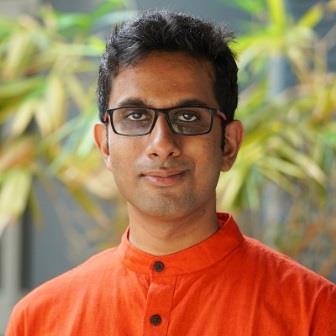
Irfan Ahmed Nazir is a doctoral candidate at the Centre for West Asian Studies, Jawaharlal Nehru University (JNU), New Delhi and he focuses on the national identity debates in the United Arab Emirates (UAE) and their influence on school education. He holds a master’s degree in politics and international relations from JNU and a bachelor’s degree in history, economics and political science from Christ University, Bangalore. His research interests include Middle Eastern geopolitics, the Emirati state, society and foreign policy, external actors in the Middle East, and migration and diaspora issues, with a focus on the South Asia-Gulf corridor. He tweets at @irfannazir_in.
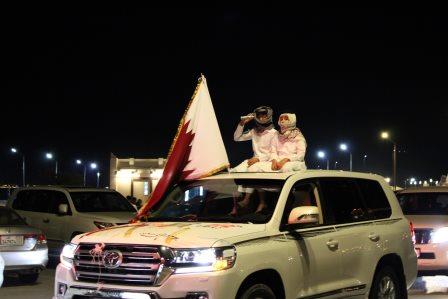
The FIFA World Cup 2022 is all set to kick off on 20 November 2022. However, the protests against Qatar, the &.....
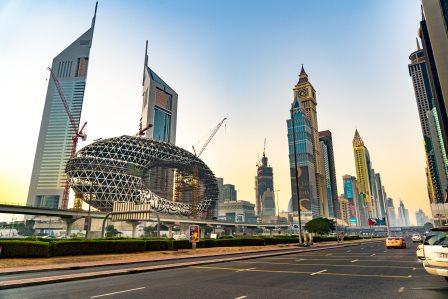
©MEI Exclusive On 5 September 2021, the United Arab Emirates (UAE) unveiled a new type of visa, called.....
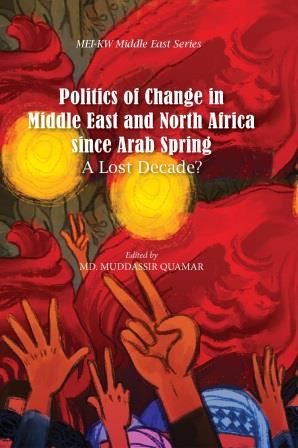
Md. Muddassir Quamar (ed.) (2022), Politics of Change in Middle East and North Africa since Arab Spring, Knowl.....
